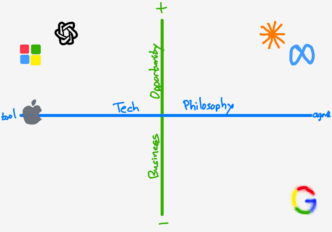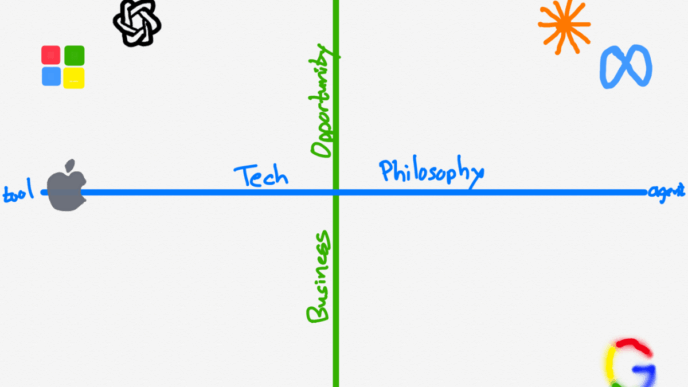The US State Department is probing an AI-driven impersonation scam targeting Secretary of State Marco Rubio. An unknown actor used an AI-generated version of Rubio’s voice to message and call at least five officials—including three foreign ministers—via Signal.
The fake Signal account, created mid-June under the display name [email protected], left voicemails for multiple targets. One message invited a recipient to continue the chat on Signal. The State Department confirmed the scheme but did not reveal the exact content of the calls or messages.
The 3 July State Department cable flagged the incident, warning there’s no immediate cyber threat but stressed risks if sensitive info is shared.
The State Department said:
"There is no direct cyber threat to the department from this campaign, but information shared with a third party could be exposed if targeted individuals are compromised."
"The actor left voicemails on Signal for at least two targeted individuals, and in one instance, sent a text message inviting the individual to communicate on Signal."
"We are investigating the matter and continuously take steps to improve the department’s cybersecurity posture to prevent future incidents."
Sources told CBS News and the Washington Post that US officials think the goal was to manipulate top figures and gain intel. The AP, citing an anonymous US official, called the hoax “not very sophisticated” and said it ultimately failed.
Rubio has yet to comment.
AI impersonation has hit US politicians before. Last year, fake robocalls using a Biden voice urged voters to skip New Hampshire’s primary, sparking an election disruption probe.
This latest episode underscores how AI voice tech is now weaponized to target government officials via encrypted messaging apps. The US State Department is ratcheting up defenses.














